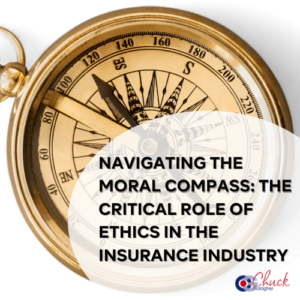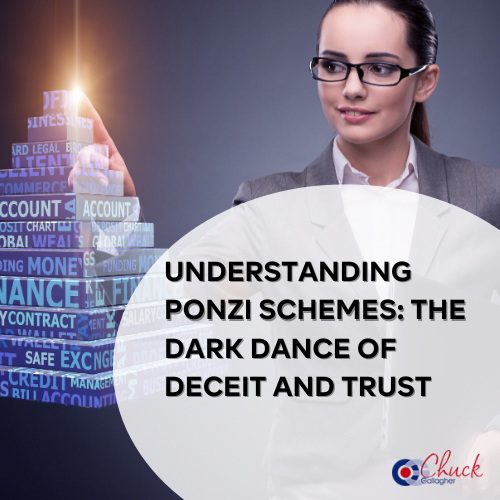 In a world where uncertainties loom at every corner, the insurance industry serves as a sanctuary of financial security and peace of mind. However, this sanctuary can quickly turn into a labyrinth of mistrust and frustration if the custodians of this industry—insurance professionals—eschew ethical conduct.
In a world where uncertainties loom at every corner, the insurance industry serves as a sanctuary of financial security and peace of mind. However, this sanctuary can quickly turn into a labyrinth of mistrust and frustration if the custodians of this industry—insurance professionals—eschew ethical conduct.
The labyrinth is not just metaphorical; it is riddled with complexities such as ever-changing regulations, conflicts of interest, and unethical practices that can trap even the well-intentioned. For this reason, an in-depth understanding of ethics in the insurance industry isn’t just a good idea—it’s an absolute necessity.
Why Are Ethics Non-Negotiable in Insurance?
Ethics, at its core, is a framework that serves to delineate right from wrong, providing a moral compass for individuals and institutions. This compass is particularly crucial in the insurance landscape, where the stakes are monetary and emotional. Clients turn to insurance as a safeguard for their health, property, and future—three fundamental aspects of human life.
Moreover, the modern insurance sector doesn’t operate in isolation. It’s entangled with legal standards and regulatory oversight that mandate ethical compliance. Falling short damages reputations and invites hefty fines and legal actions.
For instance, in 2019, a well-known insurance company, State Farm, agreed to pay $250 million to settle a lawsuit alleging that they acted unethically by influencing an Illinois judicial election to overturn a $1 billion judgment against them. This case showcases the severe repercussions unethical behavior can have on an insurance company’s financial standing and credibility.
Confronting Ethical Challenges Head-On
Let’s pull the curtain back on some of the most pervasive ethical dilemmas that insurance professionals encounter:
- Unethical Practices: Insurance companies sometimes find themselves in the spotlight for the wrong reasons, like denying legitimate claims or delaying payouts. For example, during the 2005 Hurricane Katrina crisis, multiple insurance companies were criticized for refusing claims on technicalities, causing significant public outrage.
- Conflicts of Interest: Insurance brokers might be tempted to recommend policies offering higher commissions rather than focusing on what best suits the client. Such conflicts of interest put the client at a disadvantage and erode trust in the industry.
- Lack of Knowledge: Ignorance is not bliss when it comes to insurance. Professionals have an ethical obligation to understand every nuance of the policies they offer. Misguided advice can lead to clients finding themselves inadequately covered when disaster strikes, like business interruption insurance during the COVID-19 pandemic, where many found out too late that pandemics were excluded from coverage.
Charting the Course: Ensuring Ethical Conduct
If ethical dilemmas are the storms, then education, transparency, and accountability are the navigational tools that help weather them:
- Education and Training: Constant learning should be a part of every insurance professional’s career path. Seminars, workshops, and even online courses on ethics can provide valuable insights into avoiding the pitfalls of unethical conduct.
- Code of Ethics: An organization’s code of ethics should not be a mere wall decoration but a living document, frequently updated to mirror the ever-changing legal and social landscape.
- Transparency and Communication: Clarity is king. Every aspect should be communicated transparently to the client, from policy details to commission structures. This prevents misunderstandings that could be perceived as unethical behavior.
- Internal Review and Accountability: Companies need to develop internal mechanisms to investigate unethical conduct, providing employees with the means to raise concerns without fear of repercussions.
- Content Expansion: Insurance professionals should know their current products and stay aware of emerging industry trends. Such proactive education allows them to offer accurate and comprehensive advice to clients.
In the final analysis, ethical conduct is the cornerstone upon which the insurance industry should build its edifice. Professionals in this sector have the unenviable task of selling a product and selling peace of mind. And peace of mind comes most readily when you know you’re in ethical hands.
Are you facing ethical challenges in your insurance business? Looking to instill a culture of integrity and responsibility? Contact Chuck for speaking or consulting opportunities focused on elevating ethical standards in your organization.


